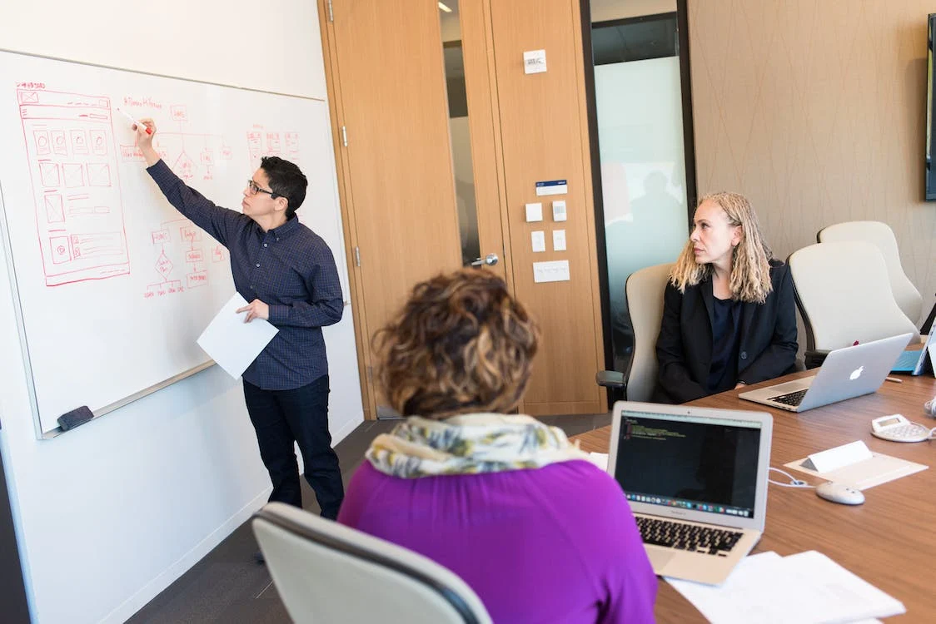Are you looking to become a better team leader? Do you want to inspire, motivate, and lead your team to success? Being an effective team leader requires dedication and hard work. It also requires the ability to communicate effectively with your team members and create a positive working environment. In this article, we’ll discuss some tips for how to become a better team leader. From setting goals and establishing expectations to giving feedback and recognizing accomplishments, we’ll cover how you can become an effective leader for your team. Read on for more!
1. Set Clear Expectations
As a team leader, it is important to set clear expectations for yourself and your team. This includes defining roles, setting deadlines, and communicating critical information about the project to all involved parties. Make sure everyone on your team understands their tasks and responsibilities in order to ensure that everyone is working towards the same goal.
2. Foster Communication and Collaboration Among Team Members
When you’re in a leadership position, it’s important to foster communication and collaboration among your team members. This will help them feel more engaged and connected with the work they’re doing. Encourage your team to communicate openly about their ideas and opinions. Make sure everyone is heard and given an opportunity to contribute their unique perspective.
Additionally, create opportunities for your team to come together and work collaboratively. This could include brainstorming sessions, team-building events, or even just informal gatherings. By creating a space for collaboration and communication, you’ll help foster trust and camaraderie among your team members.
3. Consider Neuro-linguistic Programming
Since leadership involves the distinct skill set of inspiring, motivating, and communicating with those who are being led, it is helpful to study approaches that can maximize these abilities. One important area to explore is Neuro-linguistic Programming (NLP).
This approach uses language to create an understanding between team members and a leader on how they think, feel and operate. It is a great way to create understanding and harmony within the team, and it can also improve business performance and communication. It is important to remember that NLP focuses on the individual and not just the team as a whole. A good leader will use this approach to understand their team’s needs and address those needs in an effective way.
4. Develop Problem-Solving and Conflict Resolution Skills
Once you have established yourself as a leader, you will often face complex problems and conflicts to manage. Learning how to calmly assess the situation and make sound decisions is essential for effective leadership. Employ a problem-solving framework that works best for your team such as brainstorming solutions together or using the S.M.A.R.T approach (Specific, Measurable, Attainable, Realistic, and Time-bound).
Additionally, be sure to understand people’s needs and motivations when dealing with conflicts. By finding solutions that work for both sides, you can build trust and create a better working environment.
5. Promote Accountability
Since you are the leader of the team, it is important to ensure that everyone takes responsibility for their actions. This means that you should regularly encourage your team members to be accountable for their work. Make sure to set clear expectations and provide guidance when needed. If someone makes a mistake, try to have an open discussion about what went wrong and how it can be avoided in the future. Encourage your team to develop innovative strategies and solutions that can help them work more efficiently and effectively. Finally, reward hard work and success whenever possible to encourage accountability.
6. Inspire Engagement and Motivation
With a motivated team, you will find great progress in the work that your team does. As a leader, it’s important to foster an environment where team members are able to engage in their work and feel inspired by their efforts. To do this, try to create opportunities for collaboration between team members or provide incentives for employees who go above and beyond on assigned tasks. Additionally, make sure to recognize individual contributions and celebrate successes together as a team; this will help create a culture of gratitude and appreciation.
Lastly, becoming a better team leader requires you to consistently evaluate your skills and identify areas for improvement. You should continually strive to improve your communication and collaboration skills, challenge yourself to take calculated risks, and lead with resilience while understanding the dynamics of the team and being aware of the changes in organizational culture. Additionally, learning from your experiences, continuously expanding your knowledge base, and actively seeking feedback from your team can help you become a more effective leader. Thanks for reading!


